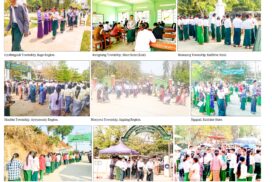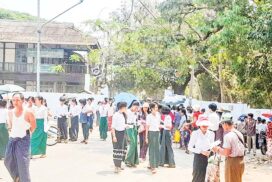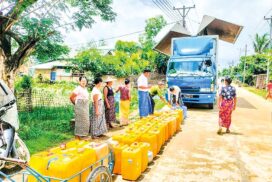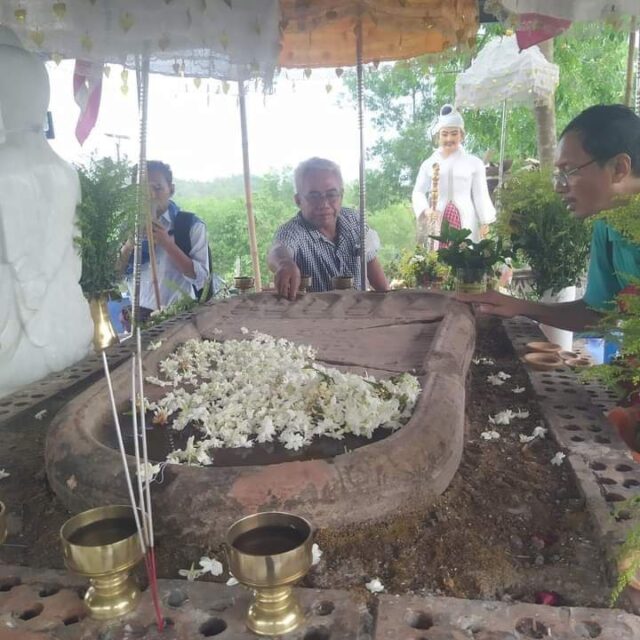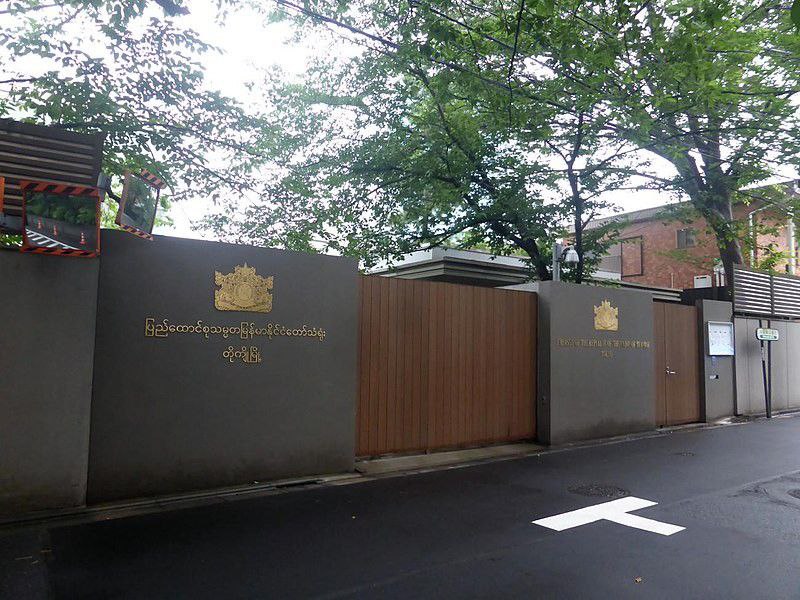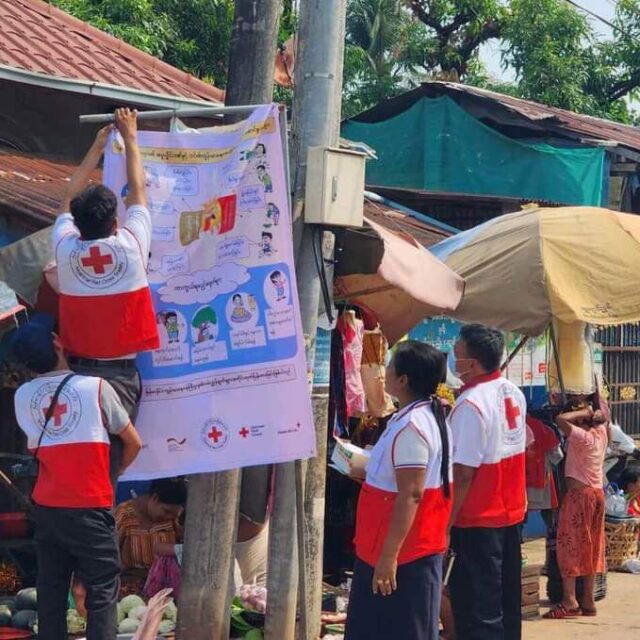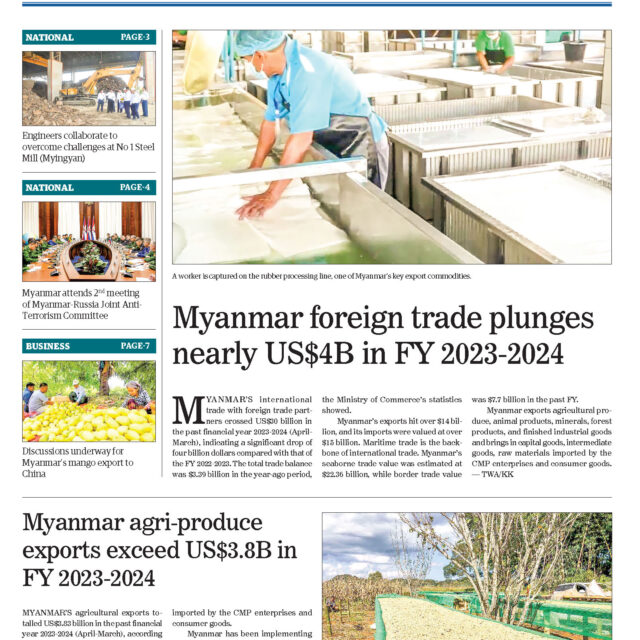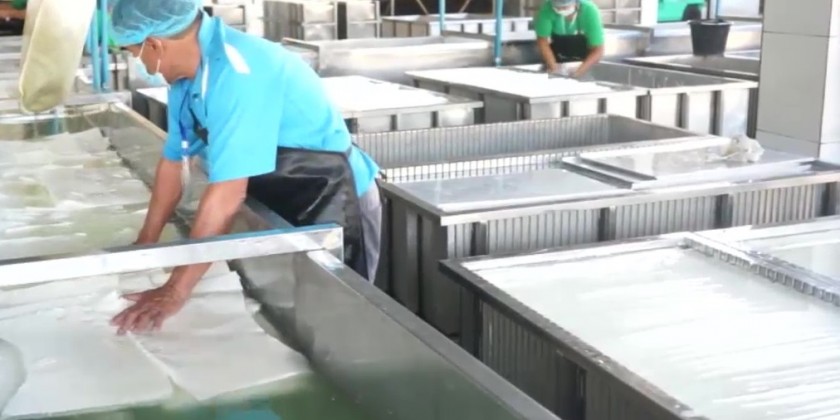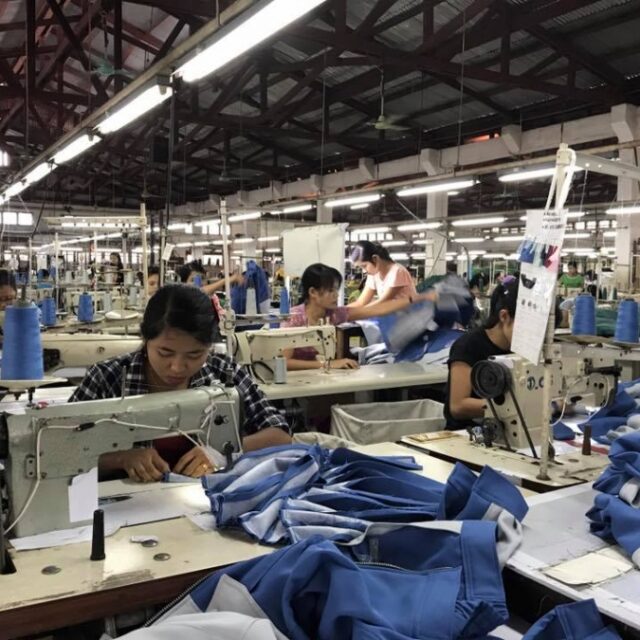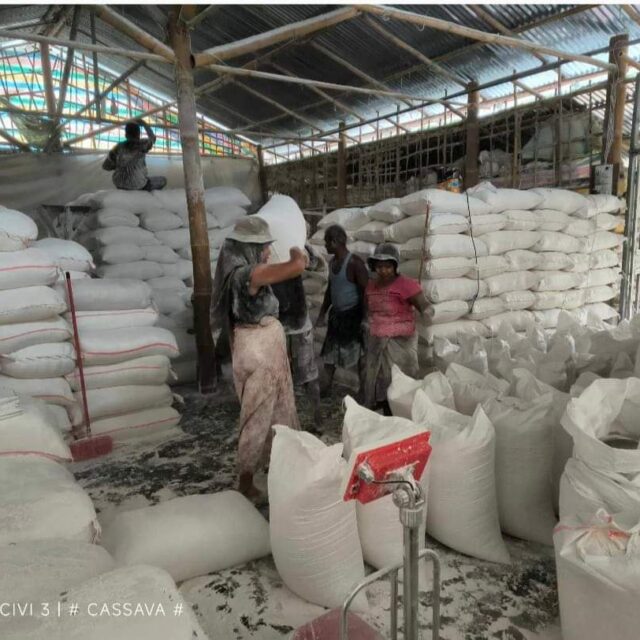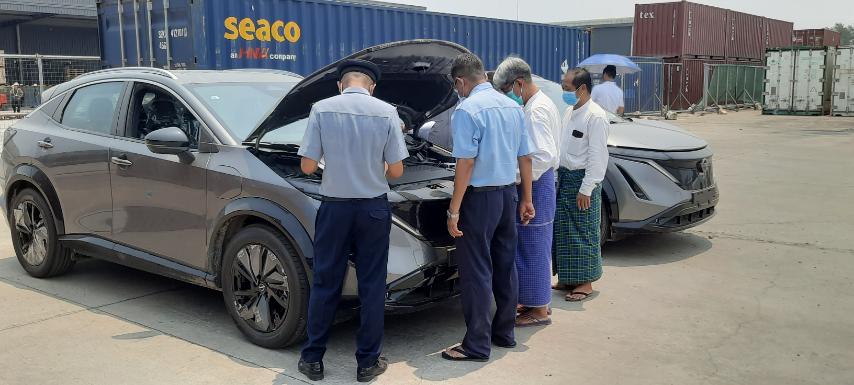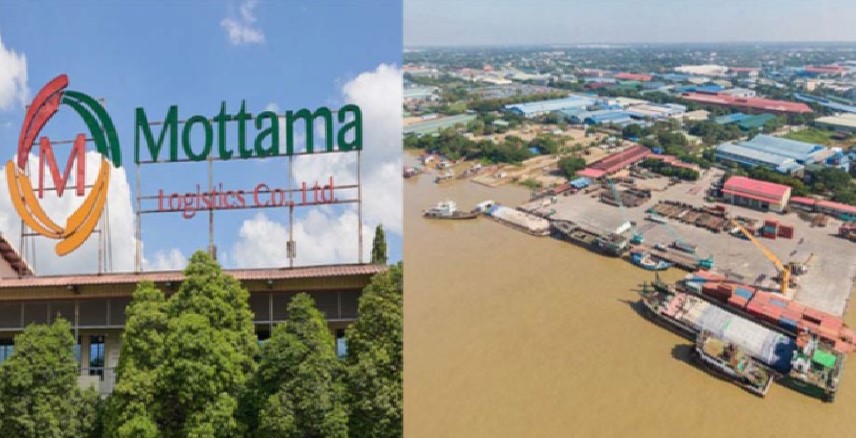Myanmar primarily grows paddy on the largest sown acreage, followed by edible oil crops. In so doing, farmlands are placed under paddy relying on rainwater, irrigated water and pumped river water.
The government is emphasizing food sufficiency for relevant areas of regions and states while arranging to export surplus foods. To have surplus food, especially paddy, pulses and beans, the government is sharing agricultural techniques with local farmers in order to cultivate crops all year round with the provision of necessary agricultural inputs.
Now is time to almost complete harvesting of monsoon paddy in the nation. Farmers in the Ayeyawady Region start land preparations for the cultivation of summer paddy while people from other regions and states are also making preparations for the cultivation of other crops suitable for the season.
The end of January and the start of February are the initial stages of the summer. So, all the regions and states should take care of water shortages not only for consumption but for cultivation. That is why people need to efficiently use the water without waste.
Farmlands and croplands require an adequate volume of agricultural water. Hence, the relevant ministries are carrying out maintenance of feeder canals from irrigation facilities to irrigate the croplands, spending a lot of money on maintenance works.
Up to now, a total of 245 dams, 144 diversion weirs, 72 lakes, 199 sluice gates and 200 river water pumping stations are ready to supply agricultural water to farmlands for successful cultivation. This year, dams and diversion weirs will irrigate 960,036 acres of summer paddy and 263,993 acres of other crops, sluice gates to 261,937 acres of summer paddy and river water pumping stations to 66,929 acres of summer paddy and other crops.
As such, local farmers should avoid the malpractices causing waste of water such as fishing in blocking the drains while water is supplied, undisciplined acts of taking water from the drains, herding of cattle on the bunds of canals and driving of carts on the bunds. The undisciplined acts cause hindrances to the proper flow of water in the drains and canals, damage to the drains and waste of water.
As such, local farmers should avoid the malpractices causing waste of water such as fishing in blocking the drains while water is supplied, undisciplined acts of taking water from the drains, herding of cattle on the bunds of canals and driving of carts on the bunds. The undisciplined acts cause hindrances to the proper flow of water in the drains and canals, damage to the drains and waste of water.
Hence, local farmers with a conscience need to prevent the undisciplined acts of others at irrigation facilities to get agricultural water for their farmlands at any time so as to avoid shortages of water in the summer.


